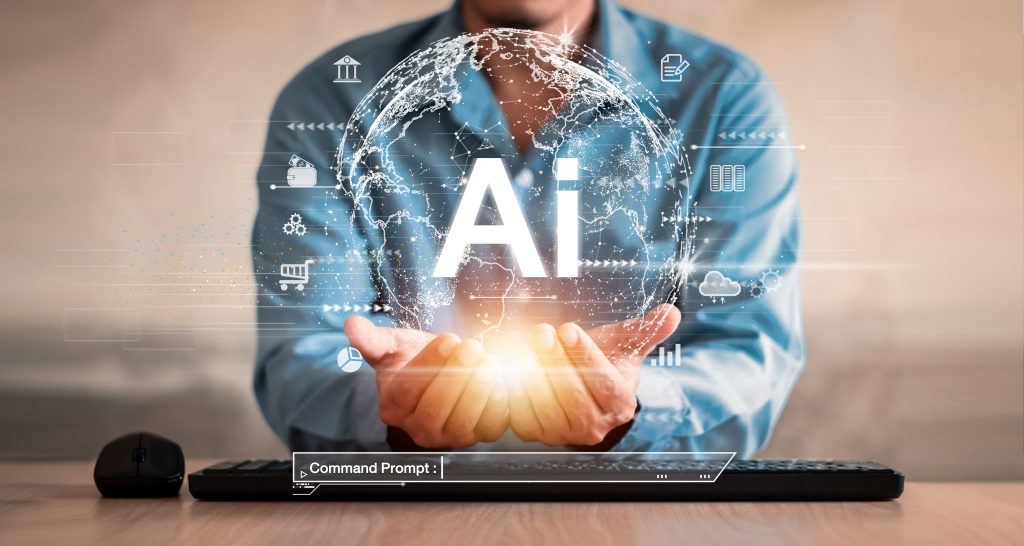
































US District Judge Beryl Howell has ruled that art created solely by AI cannot be granted copyright protection. This decision underscores the requirement for human authorship to qualify for copyright. The verdict stemmed from Stephen Thaler's endeavour to attain copyright safeguards for AI-generated artworks. Thaler, who holds the position of chief engineer at Imagination Engines, has been striving for legal recognition of AI-generated creations since 2018.
Judge Howell's recent ruling reaffirms that US copyright law safeguards exclusively human-crafted works. She contended that AI and other "non-human actors" do not require the incentives granted by copyright law's exclusive rights. While acknowledging the law's adaptability, Howell emphasized that protected works must originate from a source with the ability for intellectual or artistic work, underscoring the need for a human creator. Despite Hollywood studios involving humans in AI-integrated productions to fulfil copyright criteria, ongoing legal disputes over AI's role in art creation indicate a lengthy resolution process.
Why does this matter?
These developments further raise critical questions about the intersection of artificial intelligence and copyright protection. As AI technology advances and becomes increasingly capable of generating creative works, the decision underscores the ongoing debate over the rights and legal status of AI-generated content. The ruling has significant implications for the entertainment industry, creative fields, and technology companies utilizing AI in content creation. It highlights the need to establish clear legal frameworks that address ownership and authorship of AI-generated creations.
 Tags quentes :
Inteligência artificial
Direitos de propriedade intelectual
Legislação e regulamentação
Tags quentes :
Inteligência artificial
Direitos de propriedade intelectual
Legislação e regulamentação